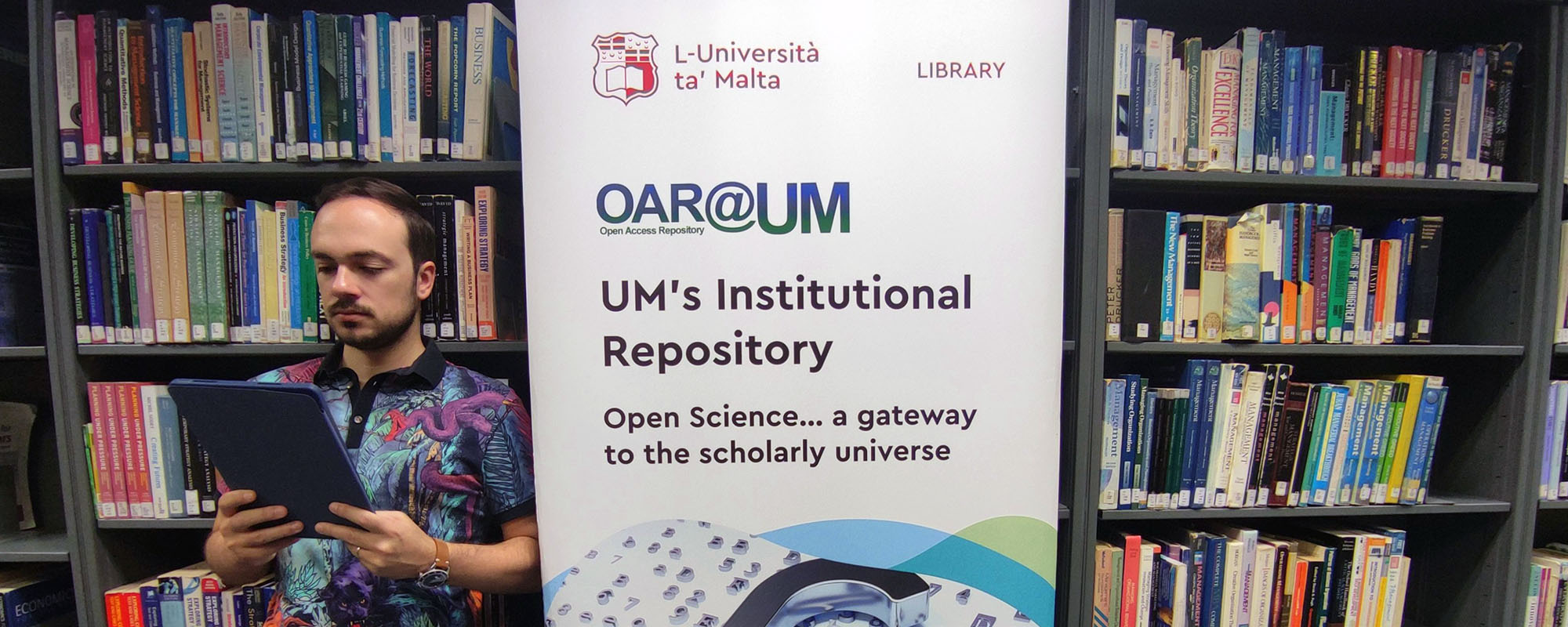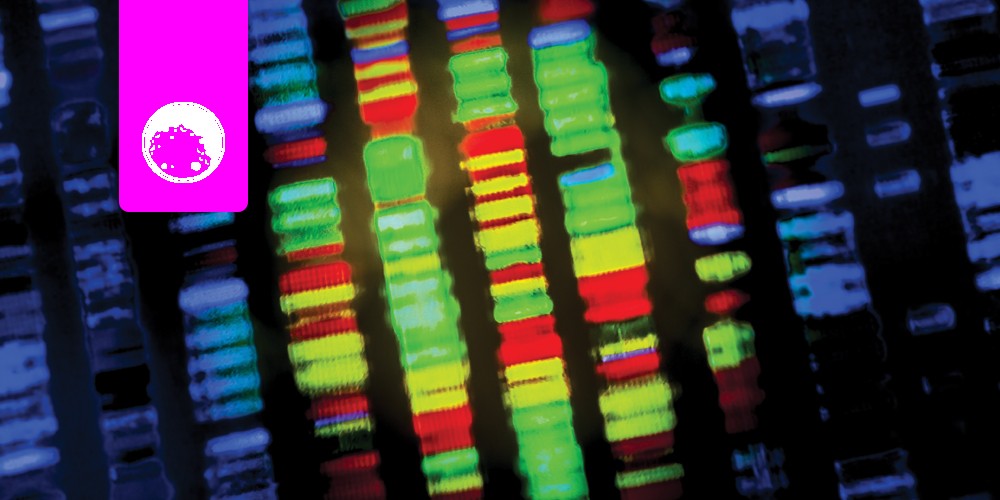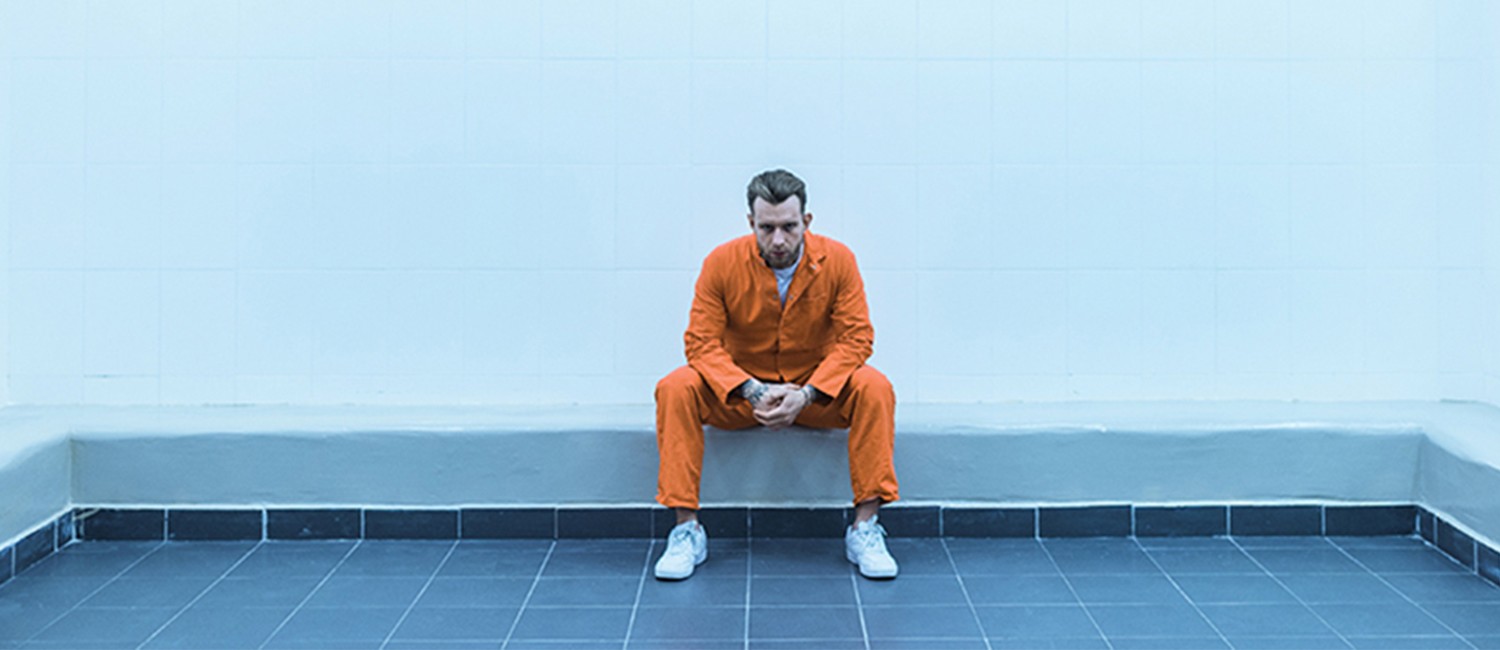Getting on the property ladder is incredibly difficult. Unless you are fortunate enough that your parents already own several properties, you will most likely be stuck for the rest of your adult life paying off your first (and possibly only) one-bedroom apartment. Is this grim future set in stone, or are there more creative solutions?
Continue readingA Decade of Open Access at UM
This year marks a significant milestone for UM as we celebrate the 10th anniversary of OAR@UM, the University’s Open Access Repository. Its role reflects UM’s commitment to enhance the visibility and dissemination of research output generated at UM.
Continue readingWhat Happens to Malta’s Private Collections?
Natalie Formosa shares her findings on private artists’ archives in Malta and the nation’s role in preserving such collections.
Continue readingUniversity on the Edge
The Latin phrase alma mater, translated to ‘nourishing mother’, is frequently used to refer to a university. From that, we get the term alumnus, ‘one who is nourished’ when referring to graduates. But the nourishers and the nourished, the staff and the students, are in trouble.
University life can be incredibly stressful for staff and students alike. The staff have to cope with more people meeting the necessary standards to enter university and the different capabilities and needs they bring with them. Students are under constant pressure to get high marks, meet all their assignment deadlines, and attend extra-curricular activities — not to mention the daily struggle to find parking!
These are the typical and surface-level struggles of University of Malta (UM) staff and students. But the reality is that many of them also struggle with things they won’t mention out loud.
With the Covid-19 pandemic, the stresses of commute times and having to spend long hours at the university have decreased, but mental health struggles have seen a sharp rise.
In 2019 it was already reported that in a sample of 13,000 UM students, 36% met the criteria for a mental health disorder. The Covid-19 situation combined with the switch to online learning has no doubt exacerbated these challenges and created new ones. While many have adjusted to these changes, others are trying to come to grips with the new normal and consequently struggle in their mental health.
Anxiety has taken hold of many during the pandemic, making those already prone to worry even more anxious. Many fear contracting the virus and/or passing it on to loved ones, and so they are constantly vigilant and taking precautions. This hyper-alertness can cause exhaustion of the mind and body, as research indicates a strong correlation between mental wellbeing and bodily health. For example, negative mental wellbeing increases the risk of developing cardiovascular disease in particular.

For many, the switch to online learning and telework is adding to the already stressful occupation of being a UM staff member or student. Online learning is a poor substitute for a real classroom. The SALT surveys reported that the majority of UM students (around 76%) were generally dissatisfied with the shift to online learning, and 66% experienced symptoms of anxiety related to their studies. This is due to many factors, including the perception of a lack of understanding and communication from staff as well as being burdened with a bigger workload. In addition, many students and staff struggle to work in unsuitable home environments with distractors like noise, construction work, pets, family members, and children shouting. This forces many staff and students to travel around to cafés or other people’s homes to work efficiently.
These combined stressors are making some students lose enthusiasm for their courses. And in return, lecturers also feel demotivated because of the lack of participation from students.
While UM staff go through their own stresses brought about by the pandemic, most of them are in secure employment. On the other hand, most university students are still young and unskilled, and so get odd jobs in the entertainment, commercial, and tourism industries. Many of these jobs have been slashed due to the pandemic. This, in turn, is causing much anxiety among the student population because they wonder if there will be jobs left for them in the coming summers, or even after they graduate.
The uncertainty of the future, coupled with these stressful and sudden changes, can contribute to depression. The loneliness and isolation caused by the near-complete absence of campus life and social events have no doubt exacerbated these depressive effects. In a local study, an alarming 35% of participants, most of them young, felt extremely lonely in 2020 compared to just 2% in 2019. Many new students have never even met their classmates in person.
Fortunately, the University of Malta remains committed to the mental health and success of its staff and students. While many lectures are not being held physically, the university’s doors are still open to provide a quiet and structured work environment for those who need it. Once lockdown ends the Calm Room will be available from Monday to Friday between 9 am and 5 pm to provide a safe, calm space for students to gather their thoughts and relieve anxiety. And finally, the university offers Counselling Services, a dedicated team of psychologists, psychiatrists, and social workers who attend to mental health issues that require particular care.

Interested in the topic? Betapsi has focused their March episode of ‘.Virgola’ on the topic of ‘University Mental Health’ where we have interviewed Prof. Andrew Azzopardi, the Dean of the Faculty of Social Wellbeing, regarding this subject. Visit our Facebook page ‘Betapsi Malta’ for further information.
Further Reading
Definition of ALMA MATER. Merriam-webster.com. Retrieved 23 March 2021, from https://www.merriam-webster.com/dictionary/alma%20mater.
Raway, L. (2019). Attitudes towards Mental Health and Willingness to Seek Psychological Help: A Quantitative study among University Students. [Published Bachelor of Honours dissertation], University of Malta.
Laura D. Kubzansky, Jeff C. Huffman, Julia K. Boehm, Rosalba Hernandez et al. (2018). Positive Psychological Well-Being and Cardiovascular Disease: JACC Health Promotion Series. Journal of the American College of Cardiology. 72 (12), 1382-1396. doi: https://doi.org/10.1016/j.jacc.2018.07.042.
Cuschieri, Attard, Bartolo, Attard et al. (2020). Learning, teaching and assessment during the pandemic at the University of Malta. Findings of the SALT Surveys
Bonnici J., Clark M., Azzopardi A. (2020). Fear of COVID-19 and its Impact on Maltese University Students’ Wellbeing and Substance Use. Malta Journal of Health Sciences. doi: 10.14614/FEARCOVID19/7/20
Counselling Services. (n.d.). https://www.um.edu.mt/services/health-wellness/counselling
An oasis of calm for students with autism: KSU launches Calm Room. (2020, November 25). UM Newspoint. https://www.um.edu.mt/newspoint/news/2020/11/calm-room-launched
Busting out of the box
Aesthetic physician and artistic consultant Dr Joanna Delia traces her journey from medical student to successful business owner, telling Teodor Reljić that her experience at the University of Malta helped her resist excessive industry specialisation.
Modern life is rigidly compartmentalised. Perhaps this is more true of the West than anywhere else, where the materialist, rationalist models that have aided efficiency and technological advancement also require us to absorb vast amounts of knowledge early on, and specialise later.
Many educational systems reflect this tendency and the Maltese model is no exception. From a very young age, exams come in thick and fast, and cramming to pass them replaces a more holistic education.
Dr Joanna Delia is not a fan of the word ‘holistic’—preferring the term ‘polyhedral’ for reasons that will be explained later—and has enjoyed a career trajectory that has flouted excessive specialisation. A doctor turned aesthetic physician with an interest in the world of contemporary art, Delia’s journey is an affront to such restrictive notions.

While she assures me that her own time at the University of Malta (UM) was nothing short of amazing, in recounting the roots of her intellectual curiosity, she is compelled to go even further back.
‘Like every excited little girl, my dreams used to alternate and metamorph somewhere between wanting to be a writer like Emily Brontë or Virginia Woolf and a scientist who would make incredible discoveries and change the world like Marie Curie,’ Delia recalls. ‘I also wanted to be a doctor who would cure people in war-torn countries, yet fantasised about being Alma Mahler or a young Chanel surrounded by philosophers, drenched in fine clothes and surrounded by white rose bouquets…’
Delia recounts this awareness that we’re shaped to view these inclinations as contradictory. But for her, the intuitive desire to learn about and closely observe scientific phenomena matched the heights of aesthetic appreciation.
Vella’s own student enthusiasm did not come as immediately as all that, however. While she is now secure in her three-pronged role as writer, performer, and translator (also acknowledging her former role as a lecturer), forging an early path as a student meant first squinting through the fog.
‘I just loved learning the science subjects… figuring out protein synthesis and DNA replication literally made me feel giddy, light headed, downright euphoric! I was a real geek,’ Delia says with disarming self-deprecation. ‘To me, it was just the same as reading an incredible work of literature or staring at a work of contemporary art alone in one of the silent, perfectly lit halls of a museum.’
Given this internal push-pull across various disciplines, Delia confesses that in terms of pursuing the later strands of her formal education, she ‘floated into medical school’ without feeling the need to strategise things much further. It was only upon graduation that the realities of being slotted into a specialised discipline dawned on her with an ominous pall.
‘The day I graduated I felt a suffocating feeling: the thought that I had somehow sealed my fate,’ Delia says, though the sense of regret which followed did not linger for much longer.
‘Looking at one’s future through a tunnel vision perspective based on the imaginary restrictions of one’s degree is just that a self-imposed illusion,’ Delia observes.
Her University years were active and inspiring, with Delia having happily taken on extra-curricular activities and also quietly rebelled against the notion of boxed-in specialised disciplines.
University and beyond
‘University was amazing! I would repeat those years ten times over,’ Delia unapologetically enthuses. Though she does acknowledge that the Medicine course was challenging to begin with—citing the ‘competition among students’ as an additional factor—she looks back on both her time there, and her association with the UM’s Medical School, with immense pride.
‘My lecturers were charismatic and experts in their field, which of course garners respect and made us feel honoured to be part of that system,’ Delia says, while also recalling her involvement in additional campus activities.
‘I was the chair of the environmental committee at KSU and served two terms as the Officer for the Sub-Committee on Refugees and Peace within MMSA. I loved my time on campus, and encourage all students to participate in campus affairs. We never stopped organising fairs, events, fundraisers, workshops, and outreach programmes with the community…’

Hinting at an essential discomfort with the idea of overbearing specialisation, Delia believes ‘the Maltese education system does not proactively encourage sharing knowledge’, but also notes that she did find hope, solidarity, and inspiration among her peers, from various faculties.’ I socialised with students from the architecture department, and attended their workshop parties. I was invited to history of art lectures and tours. I organised panel discussions to reduce car [use] on campus and lobby for [a] paperless [campus],’ Delia says. All these activities contributed to ‘a feeling of a hopeful future’.
Adjacent to Delia’s academic efforts were her course-related travels abroad, which contributed to expanding her horizons. ‘I did internships in Rio De Janeiro and travelled to India and Nepal through the Malta Medical Students’ Association (MMSA), both of which were incredible experiences.’ During this time, she gained a keener interest in art.
‘My sister was studying history of art and eventually read for a Ph.D. in Museology. I followed her as closely as I could; her subjects fascinated me and a lot of her excitement about art rubbed off on me…’
But first, her early medical career needed seeing to. Delia admits that medical students in Malta are somewhat privileged since they enjoy a relatively smooth changeover from academic to professional life. However, the change happens very rapidly.
‘Young doctors in Malta have the advantage of an almost flawless transition into a job. This also turns out to be the toughest time in your life, but at least there there is a continuity of support at the start of your profession,’ Delia says, citing the diligence and discipline instilled into her and her peers by their University tutors and lecturers. This rigour was crucial to ensure that those early years went on as smoothly as possible.
Pausing to reflect, Delia feels compelled to add that a culture that leaves more breathing room for exploration and enquiry could only be beneficial for the future of Maltese medicine. ‘I wish we had a stronger culture of research and publication in Malta. We need to somehow find time for it as it will not only improve the reputation of the institution but also nurture us as students, alumni, and professionals, and keep us on our toes,’ Delia says, adding that these ideas reflect the same culture of hard work that her course promoted, which rewards diligence and depth. ‘I believe in constantly keeping astride with knowledge by reading publications and actively pursuing ‘continued medical education’. I wish that the institution instilled more of this into its alumni,’ Delia muses.
This approach of constant enquiry arguably gave Delia a fount of knowledge and inspiration to draw from when she found herself at a forking road in her medical career.
Expanding horizons
”After a few years of working at the general hospital, I was lucky enough to be chosen to pursue some level of surgical training, but by that point I had realised that the life of a surgeon was not for me…’
This was an ‘extremely tough decision’, with regret once again raising its ugly head. ‘However, the 80-hour weeks, and above all the realisation that my professional life would be all about facing and treating ill and dying people, forced me to make a decision to leave the hospital,’ Delia says.
This pushed Delia to explore other careers, and she now juggles her love of both medicine and aesthetics in a sustainable way.
‘After I stopped working as a hospital doctor, there were too many things I was hungry to explore – one of them was medical aesthetics. I started pursuing training in London and Paris, and essentially spent years of salary training with the best doctors I could find.’

After working at a reputable local clinic, Delia finally managed to go at it independently, opening up her own place.
‘It was nothing short of a dream come true. I had to search hard within myself and build up entrepreneurial and management skills. I learnt the hard way sometimes, business-wise, but I was also fortunate to find help from my friends who excel in other fields like marketing, photography and architecture, to help me build my brand and clinic,’ Delia recalls.
In the end, her resistance to rigid specialisation helped her to open a thriving business called Med-Aesthetic Clinic People & Skin. She couples this work to her position as head of the Advisory Board at the newly-opened Valletta Contemporary, a boutique showcase for local and international contemporary art run by artist and architect Norbert Francis Attard.
Which brings her story back to a ‘polyhedral’ conception of the world.
‘I believe everything in life is polyhedral. I prefer polyhedral to ‘holistic’. Every square, or rather, every cube we think we’re trapped in, can be pushed out and reconfigured to welcome other disciplines. I don’t believe any of us purposely split the two fields, but I believe we don’t allocate enough time to explore all the wonders we could discover if we used both their lenses to analyse the world. After all, even Einstein believed that the most important thing in science is creativity…’
The case for a sparsely carred island
As the call for a cleaner, more sustainable future becomes louder, what impact do our individual choices make? Nika Levikov writes.
#GetLearnD
Students tutoring students
According to MATSEC, two in every three 18-year-old students don’t make it from sixth form to university. Gail Sant speaks to the team behind LearnD to find out more about their take on student-centred education.
You love films, videos, and photos. You relax while watching Netflix, and learn new skills on platforms like Skillshare and YouTube. Me? I adore the written word. Books, magazines, blogs are all I need to live a happy life. People are unique. And we all learn things in a unique way.
Different people require different teaching methods to learn. But most classroom set-ups involve one teacher, one lesson, and thirty-odd students. The lesson is interpreted in thirty different ways; a few absorb more than others, leaving some in need of extra help to ace their maths test. And how do they do that? With private lessons.
In Malta, private lessons are the go-to solution for students struggling with a subject. However, these sessions tend to be a carbon copy of school classes: one tutor, one lesson, multiple students. This problem was the seed that gave rise to the education-focused startup LearnD.
The philosophy
LearnD is a tutoring app invented by Luke Collins, Jake Xuereb, and Dr Jean-Paul Ebejer (Centre for Molecular Medicine and Biobanking, University of Malta). The concept behind it is simple, Ebejer says; ‘it’s a bridge between students who can act as mentors and students who need the help.’
LearnD does away with the one-size-fits-all standard of teaching and offers students tailor-made tutoring. Individuals are treated as such, their problems tackled through dedicated sessions. As a student, you don’t need to sit through a whole syll

abus of private lessons. The idea is to identify your weak points and hone in on them in select sessions. This is both time and money-efficient.
Xuereb believes ‘private lessons can make students lazy.’ They don’t need to evaluate their problems, or focus on where their issues lie. Not when they know they’ll just cover all the topics at various points during their weekly appointment with their second teacher on Tuesday night. LearnD focuses on dividing attention unequally. If you get an easy A in physical chemistry but struggle to pass organic chemistry, it only makes sense to give the latter some extra TLC. To get to this point, students need to take a step back from their desks and separate their strengths from their weaknesses.
This is also a big plus for tutors who don’t want to (or can’t) commit to teaching a whole syllabus. They can simply prepare a lesson for the requested topic and leave it at that, earning some extra money to accompany their stipend while gaining teaching experience.
But LearnD isn’t just about academia. Some lecturers lose touch with ‘the student life’, distancing their relationship with students. Conversely, student-tutors know the struggles a peer would be going through and can provide support. ‘No one would have a better understanding of what a sixth former needs to do to get into medicine than a medicine student,’ says Xuereb. ‘Through LearnD you can find people who have been through the exact same thing and who can offer their best advice on anything from time management to de-stressing, and everything else.’
Making it happen
The original concept was more related to finding a way for academically inclined 6th form students to contribute productively to society,’ says Xuereb. When he spoke to Collins, a fellow University of Malta student and Xuereb’s former maths tutor, the idea went from ‘an online local network’ to ‘app’. At the time, there were no local tutoring apps.
Despite both being passionate about the idea, they soon realised that they needed someone with business experience, and that’s where Ebejer came in: the LearnD team was born!
The process that made this idea into reality was not a simple one. Xuereb and Collins spent over six months working on the app, learning about the tech behind app-making and coming up with a business plan.
They got their break when they won the Take-Off Seed Fund Award in 2018 and got the necessary funds to make the app a reality. They quickly got the ball rolling, hiring designers, app developers, and marketing agents. The team grew; the app was built. Then, during the KSU Freshers’ Week in 2018, the app was partially launched, inviting potential tutors to apply. The app is now fully launched and available for students.
Troubles

As with all big projects, the team ran into a few setbacks along the way. One prominent techy mishap didn’t allow them to launch the app on the Apple Store, making it difficult to keep up with the launch date.
Since the app is used by underage students, there were also a lot of safety features which needed inclusion. Tutors upload their police conducts and ID cards. Also, to make sure LearnD’s service is reliable, the team not only analyses tutors’ qualifications, but they also try and test each applicant out themselves. And for accounts which belong to students under the age of 16, parents need to authorise any communication which goes on through the app.
The team persisted through the struggles they encountered and continue to work hard to solve any problems which crop up. Despite difficulties with time management, Collins and Xuereb, both undergraduate students, expressed how this app allowed them to dive into the working world. They gained entrepreneurial maturity, understanding the importance of a reliable team which shares the same ideas and work ethic, as well as dividing funds for the project’s overall benefit.
A LearnD future
The LearnD story doesn’t stop here. ‘We want to renovate the education space,’ says Ebejer, adding that they wish to take the next step and make it internationally available. Malta’s size makes it the perfect test bed, but they think that the app shouldn’t be limited to its home.
According to MATSEC, in 2017 only 27% of 18-year-old students acquired the necessary qualifications to get into university. Collins expressed that students ‘shouldn’t get lost’ because of a bad exam result or because of a mismatched student-teacher scenario. Students deserve to be treated as individuals, and LearnD can offer them that.








